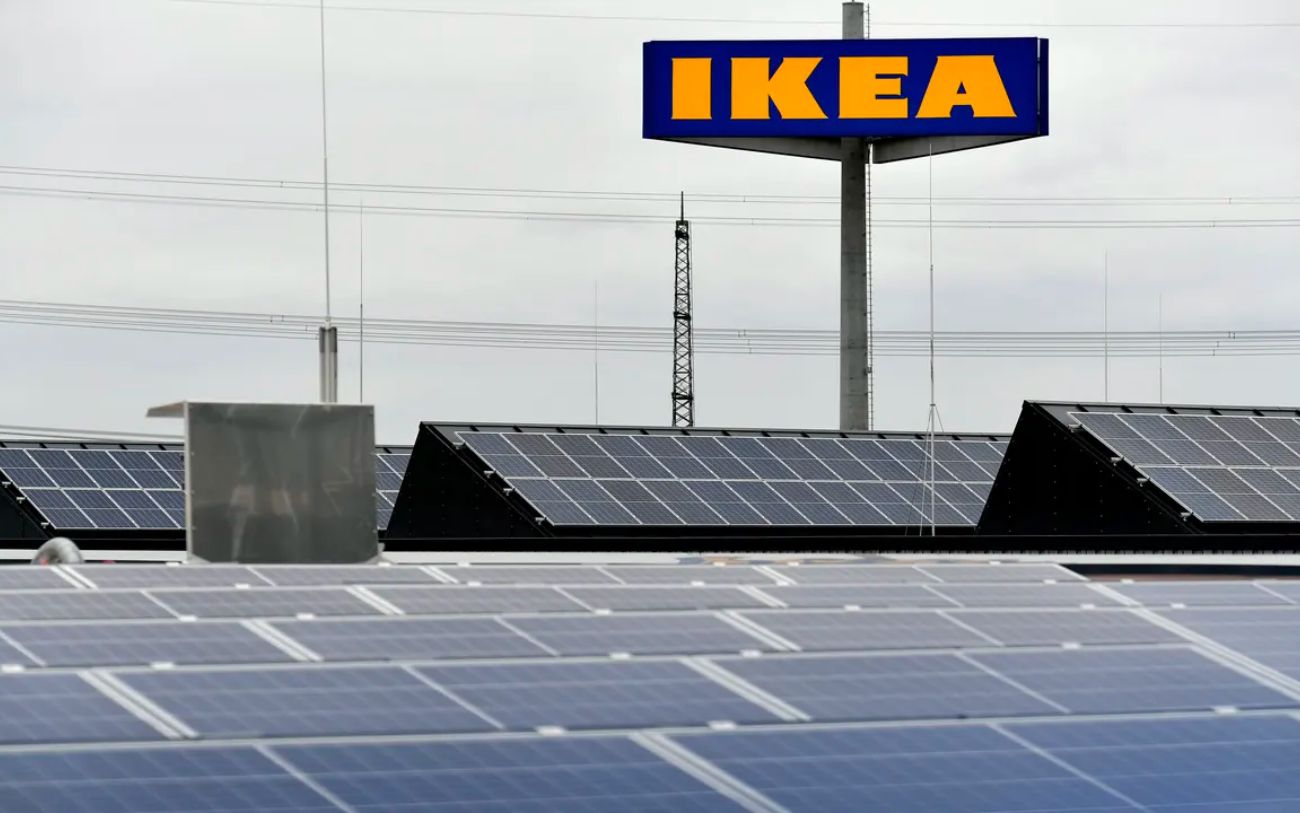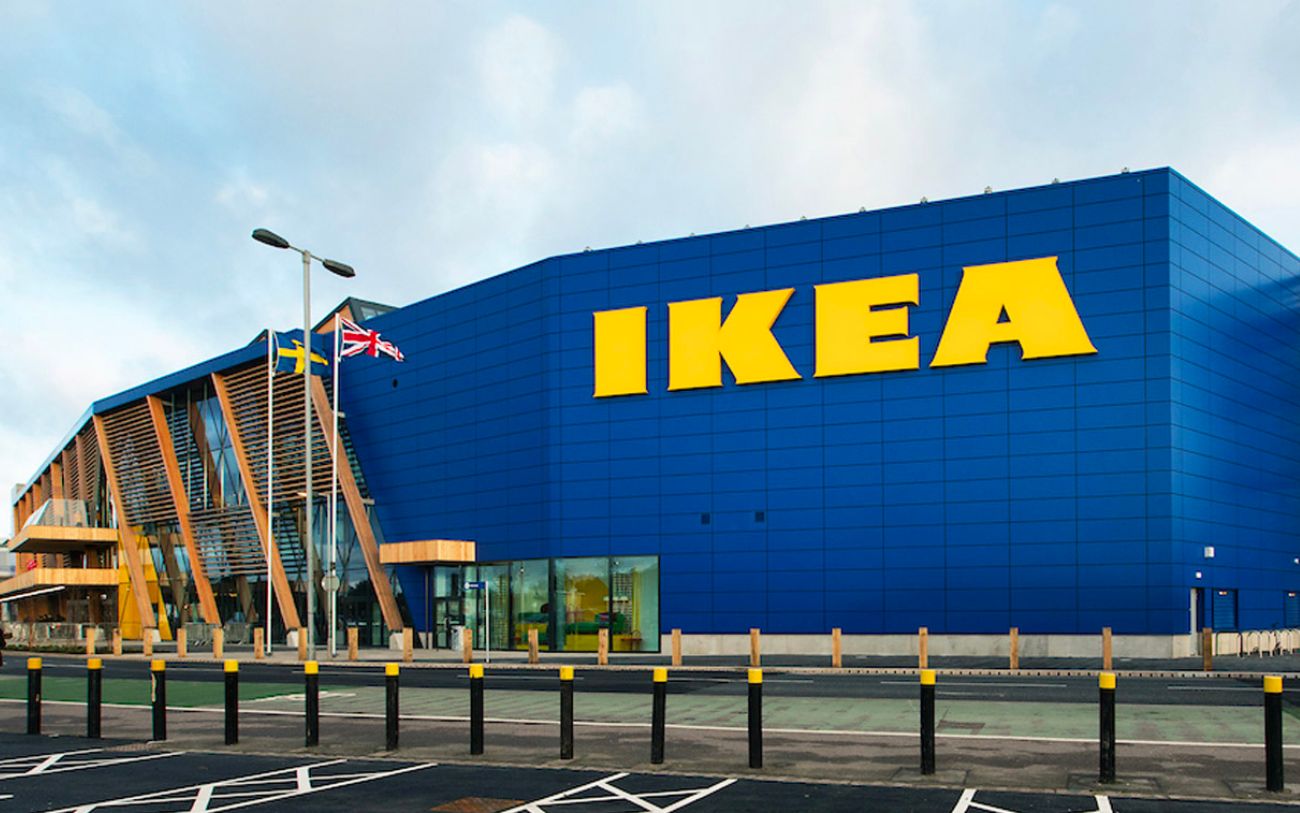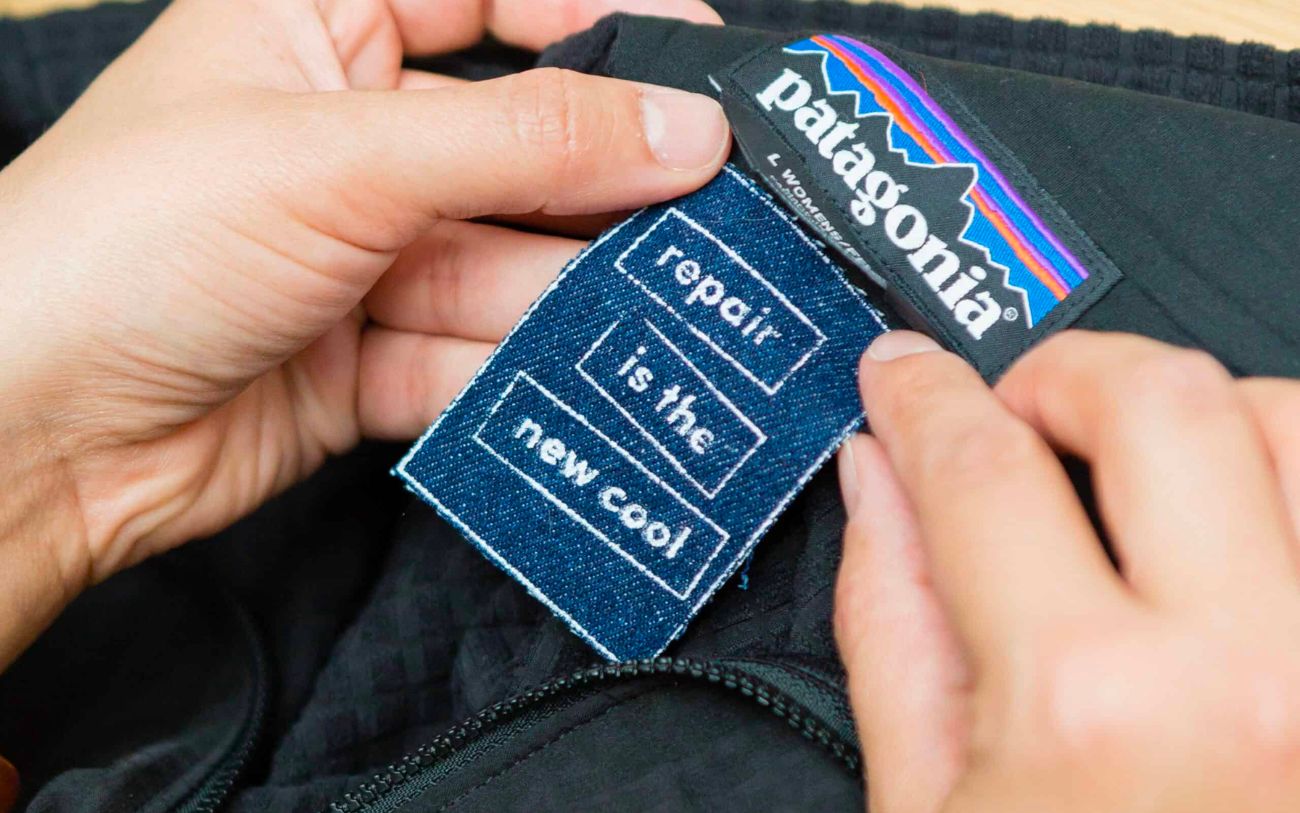RETAIL
Eco-Conscious Brands Making a Difference in Climate Action

The Role of Retail in Greenhouse Gas Emissions
The retail industry significantly contributes to climate change and greenhouse gas emissions (GHGs) primarily through extensive energy consumption, waste generation, and supply chain operations.
Retailers’ physical stores and online distribution networks often have large carbon footprints due to their reliance on non-renewable energy sources and inefficient practices.
As consumer awareness rises, many retail brands are taking steps to reduce their environmental impact and promote sustainability.
In November 2021, the UK government introduced new regulations that require large companies to disclose their carbon emissions and climate risks in their annual reports, including those in the retail sector. The regulations apply to companies with more than 500 employees and will come into effect in 2022.
Benefits of Retail Companies' Investment in Carbon Offsetting
01
Reducing Greenhouse Gas Emissions
By taking measures to offset or reduce their emissions, retailers are playing a crucial role in combating climate change.
02
Commitment to Sustainability
This action helps enhance the retailer' reputation and attract environmentally-conscious customers.
03
Alignment with Regulations and Carbon Goals
This is crucial to ensure that companies remain competitive in an evolving regulatory landscape and meet global sustainability expectations.
Retailers Embracing Sustainability Worldwide
In today’s environmentally conscious world, companies are increasingly taking significant steps to address their carbon emissions and promote sustainability.
In this section we highlights the climate commitments and initiatives of three well-known brands: IKEA, Unilever, and Patagonia. Each of these companies has set ambitious goals and implemented various strategies to reduce their carbon footprint and contribute to a greener future.
IKEA (SE)
IKEA, a globally recognized furniture and home goods retailer, has pledged to be climate positive by 2030. This ambitious goal means that the company will offset more carbon emissions than it produces, essentially having a net-positive impact on the environment.

Renewable Energy Investment
IKEA is investing substantially in renewable energy sources, like solar and wind power, to supply its stores and manufacturing facilities. This initiative reduces their reliance on fossil fuels, subsequently decreasing their carbon emissions.

Energy Efficiency Measures
By implementing energy-efficient technologies and practices in their operations, IKEA is minimizing energy waste, leading to further reductions in their greenhouse gas emissions.

Reforestation Projects
IKEA supports reforestation efforts as forests act as carbon sinks, absorbing more carbon dioxide than they emit. These projects not only offset IKEA’s carbon footprint but also contribute to biodiversity and ecosystem conservation.
UNIELEVER (UK)
Fast-moving consumer goods giant Unilever has set a target to achieve net-zero emissions from all its products by 2039. The company is addressing emissions throughout its value chain to meet this commitment.

Supply Chain Emission Reduction
Unilever is actively working to reduce emissions within its supply chain, acknowledging that responsible sourcing and sustainable practices are vital for achieving its emission reduction goals.

Sustainable Agriculture
Recognizing the importance of sustainable farming practices, Unilever supports initiatives that promote environmentally friendly agriculture, ensuring not only a reduction in emissions but also the creation of resilient and sustainable food systems.
PATAGONIA (AR)
Outdoor apparel brand Patagonia is well-known for its environmental advocacy and commitment to sustainability. Through various initiatives, the company offsets its emissions and supports projects aimed at environmental conservation and restoration.

Conservation Projects
Patagonia funds projects that focus on forest conservation, sustainable agriculture practices, and ecosystem restoration, helping offset its carbon emissions while supporting biodiversity and habitat preservation.

Sustainable Practices
The company consistently invests in developing and implementing sustainable practices, from using recycled materials in their products to advocating for environmental responsibility among consumers and other businesses.
TARGET (US)
Target announced a goal to achieve net-zero emissions across its operations and supply chain by 2040. The company plans to achieve this goal through a variety of initiatives, including the use of renewable energy and the electrification of its delivery fleet.
WALMART (US)
Announced a goal to become a regenerative company, aiming to achieve zero emissions across its operations by 2040. The company plans to achieve this goal through a variety of initiatives, including the use of renewable energy and the electrification of its delivery fleet.
These brands' commitments and initiatives exemplify their dedication to combatting climate change and making a positive impact on the environment while also setting inspiring examples for others in the corporate world to follow.
Sources:
- UK Government. “New climate reporting rules for large companies.”
- World Wildlife Fund. “The Environmental Impact of the Retail Industry.”
- IKEA. “Climate positive.”
- Unilever. “Our climate and nature ambition.”
- Patagonia. “Environmental + Social Initiatives.”
- Target. “Target Commits to Achieving Net-Zero Emissions by 2040.”
- Walmart. “Walmart announces goal to become a regenerative company.”

